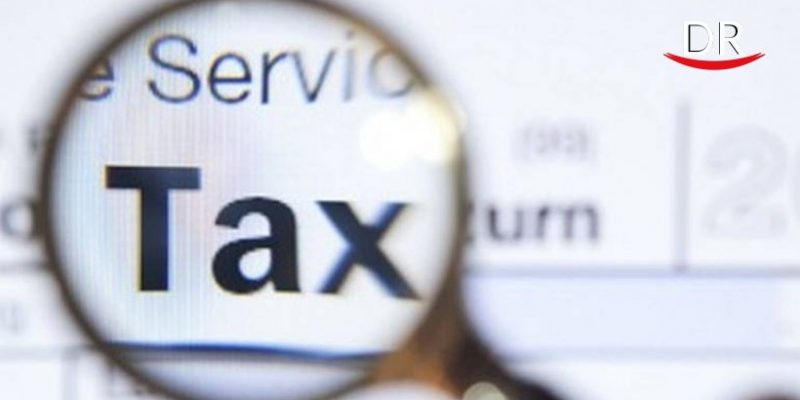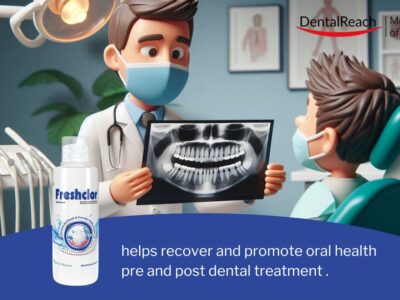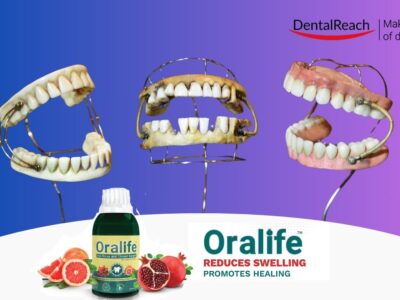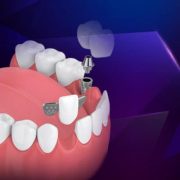Dentist employed or self employed need to pay tax as per the prescribed slab rates. Any dentist whose annual income is more than 250,000 INR needs to pay tax on his/her income. There are few differences between tax paid by employed dentist and tax paid by self employed dentist.
Which points and questions a dentist needs to consider while tax payment are discussed here.
Points and questions need to consider before paying taxes
1. Which income slab do you fall in?
According to age category of doctors there are slight changes in tax slabs.
If you are a dentist below 60 years old


Less: Rebate u/s 87A – It is applicable to dentist with income up to Rs 3,50,000. The maximum amount of rebate allowed is Rs 2,500
Add: Surcharge – A surcharge at the rate of 10% of tax is applicable if income lies between Rs 50 lakh to Rs 1 crore, but if it exceeds Rs 1 crore then the surcharge will be payable at the rate of 15%. However, surcharge is subject to marginal relief. If income exceeds Rs 1 crore, the applicable tax plus surcharge should not exceed the part of income which is in excess to Rs 1 crore.
Add: Education Cess and Secondary and Higher Education Cess will be replaced by Health and Education Cess at the rate of 4%, on the amount of tax computed, inclusive of surcharge.
2. Your type of employment
Employed: Salary income from Jobs
Self employed: Proprietorship, Partnership, Company
Employed: As a dentist if you are employed at any hospital or clinic and receive salary, you do not need to worry about maintaining any account book. Your employer deducts TDS and submits it to the government. You will receive a Form16 from your employer which will be helpful in filing your returns.
Self employed: If you are a dentist who provides professional services as a consultant or you operate your own dental office then you will be required to maintain your books of account as per the provisions of section 44AA of the I-T Act if the gross receipts from your profession exceed Rs. 1,50,000 in any of the 3 years immediately preceding the current previous year, or is likely to exceed Rs 1,50,000 in the current previous year.
Special note for busy practitioners –
The concept of ‘presumptive taxation’ especially for medical and dental professionals like us .
Maintaining books of accounts means maintaining all your material bills, lab bills, salary slips and patient payment slips. It can be a cumbersome task especially, when workload is high. There is a special provision called 44ADA in the IT Act, which you can make use of, to not maintain these registers at all – even if your gross receipts exceed 1,50,000!
What the Act says -Special provision for computing profits and gains of profession on presumptive basis.
44ADA. (1) Notwithstanding anything contained in sections 28 to 43C, in the case of an assessee, being a resident in India, who is engaged in a profession referred to in sub-section (1) of section 44AA and whose total gross receipts do not exceed fifty lakh rupees in a previous year, a sum equal to fifty per cent of the total gross receipts of the assessee in the previous year on account of such profession or, as the case may be, a sum higher than the aforesaid sum claimed to have been earned by the assessee, shall be deemed to be the profits and gains of such profession chargeable to tax under the head ‘Profits and gains of business or profession’
What the Act means –
If you are a dental professional residing and working in India and your income does not exceed 50,00,000 annually, then you can use the special 44 ADA Act, and not maintain books of accounts. This is because, in this case, you need not claim any expenses as the provision itself states that 50% of the gross receipts/ turnover will be taxable which in turn, states that the government has allowed you 50% expenditure indirectly without any maintenance of books of accounts and any documentation.
3. Why dentist should file income tax returns?
Dentists can claim almost all deductions available to an individual by filing income tax returns. Also as a doctor, there are few additional ways in which dentist doctors can save taxes. There are various expenses on which tax deductions can be claimed:
- Expenses like salaries paid to assistant dentists, dental chair side assistants, and other helpers
- Expenses related to attending conferences for continued education
- Expenses incurred on consumables and materials used during dental treatment
- Money spent on general repairs and maintenance of the dental chairs and other equipment
- Maintenance expenditures related to housekeeping
- Indirect expenditure, such as administrative staff salaries and rent of the dental office if the shop or space is taken on lease
- Claim deductions on various bills like rent, electricity and maintenance of your dental office, dental lab bills, etc.
4. Documents to be maintained as per Section 44AA with Rule 6F
What the act says – Maintenance of accounts by certain persons carrying on profession or business.
44AA. (1) Every person carrying on legal, medical, engineering or architectural profession or the profession of accountancy or technical consultancy or interior decoration or any other profession as is notified by the Board in the Official Gazette shall keep and maintain such books of account and other documents as may enable the Assessing Officer to compute his total income in accordance with the provisions of this Act.
What it means – Maintain the following books of account to avoid any penalties (given that you are not using 44ADA)
- Cash Book: A book of accounts to record day to day cash transactions, i.e. cash payments and receipts
- Journal: Maintain a journal as per the mercantile system of accounting. In this journal, day to day transactions are recorded using double entry system of accounting
- Ledger: Where all entries flow from the journal, has details of all accounts, this can be used to prepare the financial statements
- Photocopies of Bills: Keep photocopies of all such bills which exceed Rs 25 in value
- Original Bills: Keep all original bills and receipts of your expenses. In cases where your expenses exceeded Rs 50 but you were not issued any bill or receipt then you should get payment vouchers prepared and signed by the concerned person
- Dental professionals who opt for presumptive tax scheme need not to maintain account books
5. Penalties for Non-Compliance
- Penalty for non-maintenance of books of accounts is Rs 25,000 as per section 271A of the Income Tax Act
- Penalty for non-complying with tax audit is Rs 1,50,000 or 1/2% of gross receipt whichever is lower as per section 271B of the Income Tax Act
6. Due Date for Doctors to File Income Tax Return
The due date to file return varies depending upon whether you have to undergo tax audit or not.
Due date in non-audit cases: 31st July of the year
Due date in audit cases: 30th September of the Year
In Summary
Maintain all record keeping habits in timely manner, this helps pay taxes easier without causing delay at the end of the financial year. Keeping a track of day-to-day expenses and maintaining books prevent headaches while calculating total statements. Good habits in practice and finance are always essential for professional people.
References
- https://www.hrblock.in/guides/income-tax-doctors-india
- https://cleartax.in/s/6-forms-of-taxable-income-for-doctors
- https://www.hrblock.in/guides/form-16-income-tax-filing?utm_source=it_guide&utm_medium=contextual&utm_campaign=internal_link_fy_19_20




















Very clear and very useful to new practioners
Thanks
thanks
Articles is very helpful & Informative Thanks for sharing this site … or blog keep it up ….
Nice work and good quality content, and thanks for sharing this site… grate up … keep it up ..
Thanks for nice article
Very Informative article. In which category do consultant orthodontist or consultant endodontist fall?